Description
About the book :
When the armies of Islam rode roughshod over the Hindu homeland, the swordsman of Islam was very likely to relax and retreat from callous carnage after some time. He was likely to get satiated after the first few rounds of slaughter and pillage, or feel some sympathy for fellow human beings, or balk at the destruction of beautiful temples and monasteries, or turn away from burning the sacred and secular literature of non-Muslims, or acquire respect for the spirituality and culture of a people who had behaved so differently from his own comrades-in-arms. It was the Mullah and the Sufi who would not let him relax. They threatened him with hell if he tried to turn away from the work assigned by Allah. The more heinous the crimes which a Muslim monarch or mercenary committed, the higher the place in heaven which the Mullah and the Sufi reserved for him. The greater the slaughter and rapine in which a Muslim army indulged, the more plentiful the wines and houris which were promised to the ghãzîs.
But the sweep of the sword of Islam could not continue for ever. The Hindus who had been caught unprepared for this sort of religion and this sort of heroism, were not made of clay. They organized a resistance for many years, and finally mounted a counter-attack. The swordsman of Islam was a mortal man in spite of all the praises which Muslim historians and poets had heaped upon him for his invincibility. He fell back as soon as he came in contact with equally sharp or superior steel, then threw away his sword, and finally accepted defeat. It was the Mullah and the Sufi who refused to get reconciled to the new reality. They compiled some more commentaries on the Quran and the Hadis and called upon the millat to conquer India once again. This time the claim was advanced on no better a basis than the right acquired from an earlier conquest.
Ever since, the Mullah has sedulously maintained and spread the myth of a Muslim empire in India which was stolen slyly by the wily British. As an after-thought, he adds that Islam has a message for India and that its spiritual mission in India is still unfulfilled. Shri Seshadri has quoted a passage from the preface to F.K. Khan Durrani’s Meaning of Pakistan which reveals the mind of the Mullah. It says: There is not an inch of the soil of India which our forefathers did not once purchase with blood. We cannot be false to the blood of our forefathers. India, the whole of it, is therefore our heritage and it must be reconquered for Islam. Expansion in the spiritual sense in an inherent necessity of our faith and implies no hatred or enmity towards the Hindus. Rather the reverse. Our ultimate ideal should be the unification of India, spiritually and politically, under the banner of Islam. The final salvation of India is not otherwise possible.Perversity loses all limits once the human mind passes under the spell of Islam. India is to be enslaved again for the spiritual salvation of Hindu society!
There have been many Mullahs and Muslim scholars in India, Pakistan and the wide world of Islam who have been making similar statements, every now and then. The heroics conveyed was heralded by Shah Waliullah, soon after the Mughal empire started crumbling in the first half of the 18th century. It acquired a feverish pitch after Ahmed shah Abdali, whom Waliullah had invited to wipe out the Marathas and the Jats, also failed to save the situation. The heroes of Islam had disappeared. But the heroics had remained.
The harangues of Waliullah and company were addressed not to an advancing army but to a demoralised crowd of stragglers beating a fast retreat. The retreat would have soon become a rout if the British had not intervened at a critical juncture. The British did not steal any empire from Islam. On the contrary, they saved the residues of Islamic imperialism from being reduced to their real status vis-a-vis a resurgent Hindu society. The residues used the respite to reassemble their ranks, and get ready for another rearguard action. This is the unmistakable impression left on one’s mind by a reflective reading of Indian history during that period. The rest is only secularist make-belief relished by the Mullah and the Marxist.

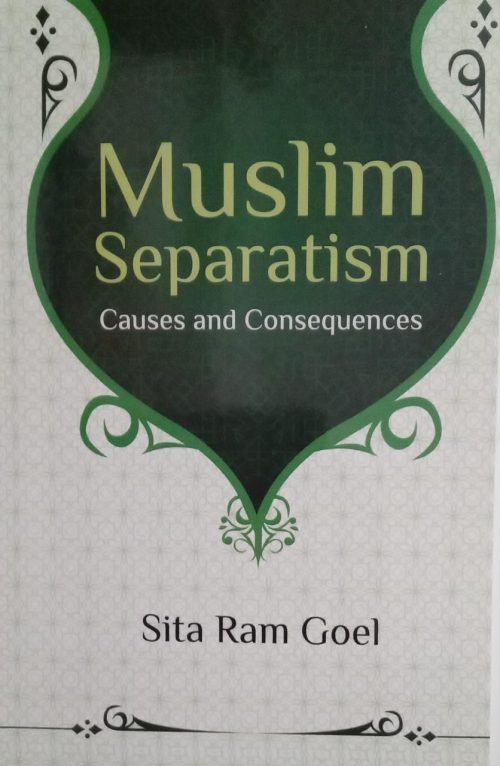

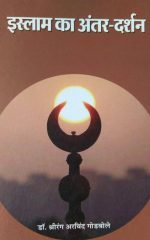

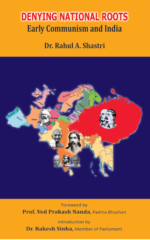
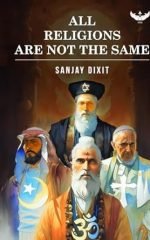

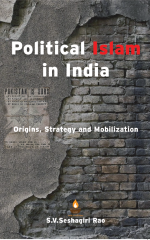
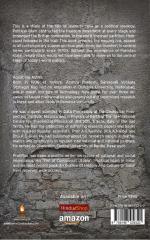
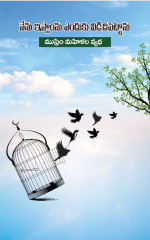
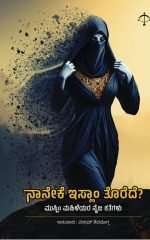
Saurav Lahoti – :
You would have heard J Sai Deepak talk a lot about the history of Muslim separatism in India before and after the launch os his second book. Well, this is the source of his information and he has acknowledged Sita Ram Goel jis efforts to keep the Hindu reawakening flame alive when there were no luxuries like we enjoy today. I would say this is one of the core books of the author which goes on to prove his academic rigour.